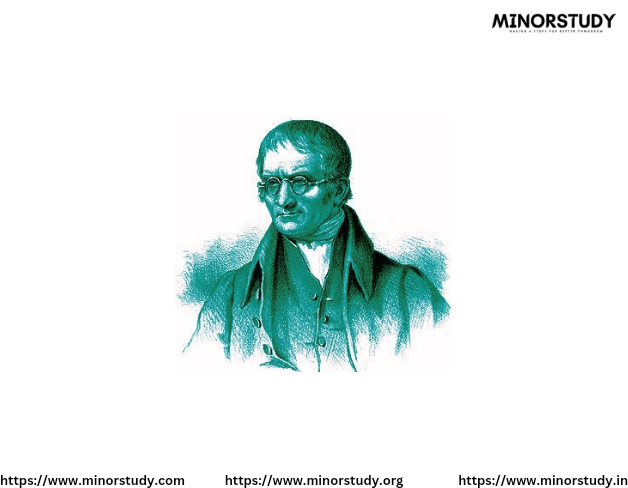Chien Shiung Wu
- Minorstudy Web blogs
- Dec 6, 2024
- 3 min read

Chien Shiung Wu (May 31, 1912 – February 16, 1997) was a Chinese-American physicist who made significant contributions to the field of nuclear physics. Often referred to as the "First Lady of Physics," she was renowned for her experimental work, particularly her research in the area of beta decay, which provided crucial experimental verification for the theory of the weak force in particle physics. Despite her immense contributions, she was often overshadowed by her male colleagues in terms of recognition.
Early Life and Education:
Born: May 31, 1912, in Liuhe, Jiangsu Province, China.
Chien Shiung Wu showed an early aptitude for science and mathematics, and after completing her undergraduate studies at National Central University in Nanjing, she moved to the United States in 1936 to pursue graduate studies.
She earned a Ph.D. in Physics from University of California, Berkeley in 1940, where she conducted research under the supervision of the famous physicist Ernest O. Lawrence.
Key Scientific Contributions:
1. Work on the Manhattan Project:
During World War II, Wu worked on the Manhattan Project, contributing to the development of the atomic bomb. She was one of the many scientists working at Columbia University in New York, but her work focused on uranium enrichment and understanding the properties of nuclear reactions.
2. The Wu Experiment and the Violation of Parity:
Wu is best known for her Wu Experiment (1956), in which she conducted an experiment on the behavior of cobalt-60 nuclei during beta decay.
Her groundbreaking results provided experimental evidence that parity (a fundamental symmetry in physics) is violated in weak nuclear interactions, a discovery that fundamentally changed our understanding of particle physics.
This result was key to confirming the theory proposed by C. N. Yang and R. L. Mills, which had suggested that weak nuclear interactions do not conserve parity symmetry.
The discovery of parity violation was a milestone in particle physics and earned Tsung-Dao Lee and Chen-Ning Yang the Nobel Prize in Physics in 1957, though Wu, who did the crucial experimental work, was notably not awarded the prize.
3. Other Contributions:
In addition to her famous experiment, Wu contributed to the development of techniques in nuclear physics, including precision measurements of atomic interactions.
She also conducted important work in beta decay, the process by which an unstable atomic nucleus loses energy by emitting a beta particle.
Challenges and Recognition:
Wu faced gender-based challenges throughout her career, as women in science were often marginalized. Despite her significant contributions to physics, she was often overlooked for major honors, including the Nobel Prize, in favor of her male colleagues.
Nonetheless, her work earned her numerous awards and honors, including election to the American Academy of Arts and Sciences (1958) and the National Academy of Sciences (1975).
In 1978, she was awarded the Wolf Prize in Physics, one of the most prestigious awards in the field of physics, for her contributions to the study of weak interactions.
Legacy:
Chien Shiung Wu's legacy in the field of physics is immense. She is remembered for her meticulous experimental work and her pivotal role in the development of the Standard Model of particle physics.
Wu is an important figure in the history of women in science, breaking barriers in a field dominated by men and inspiring generations of female scientists.
She was a mentor to many physicists and was known for her advocacy for scientific research and the advancement of women in science.
Interesting Facts:
Wu was known for her sharp intellect, work ethic, and no-nonsense approach to science. She was often described as being more focused on the science than the politics of recognition.
She was the first woman to serve as the president of the American Physical Society (1975).
Wu was also a passionate advocate for the advancement of women in science, encouraging young women to pursue careers in physics and related fields.
Quotes:
"We are all capable of doing great things. But first, we must believe in ourselves."
"The most important thing is to stay with the problem, and to persist. If you give up, you’ll never know what could have happened."
Significance:
Chien Shiung Wu's work revolutionized our understanding of the weak nuclear force and the behavior of particles at the subatomic level. Her contributions were foundational to the development of modern particle physics, and she is widely regarded as one of the most important experimental physicists of the 20th century. Through her work and perseverance, she helped pave the way for future breakthroughs in nuclear physics, all while breaking down barriers for women in the scientific community.











Comments